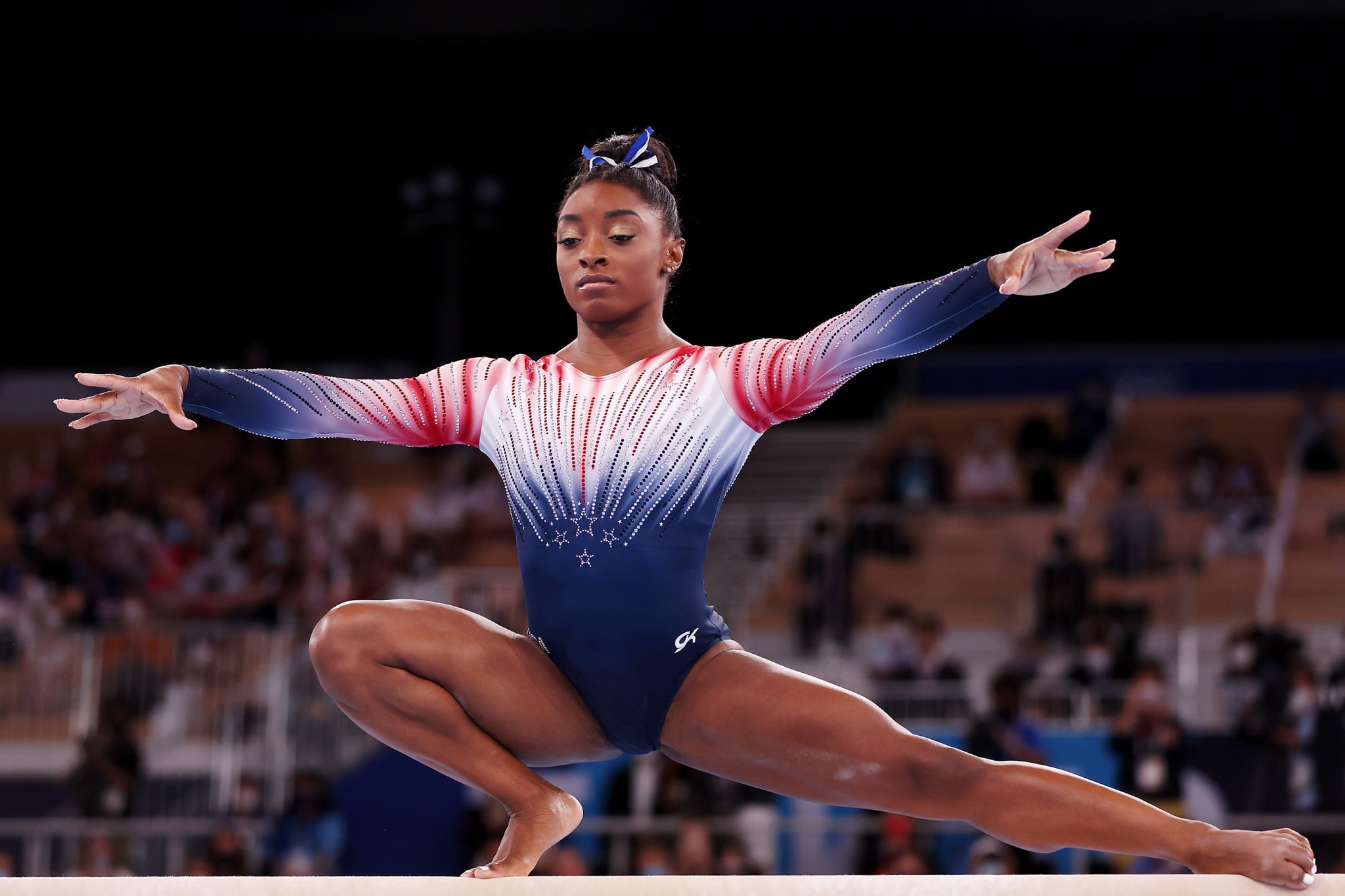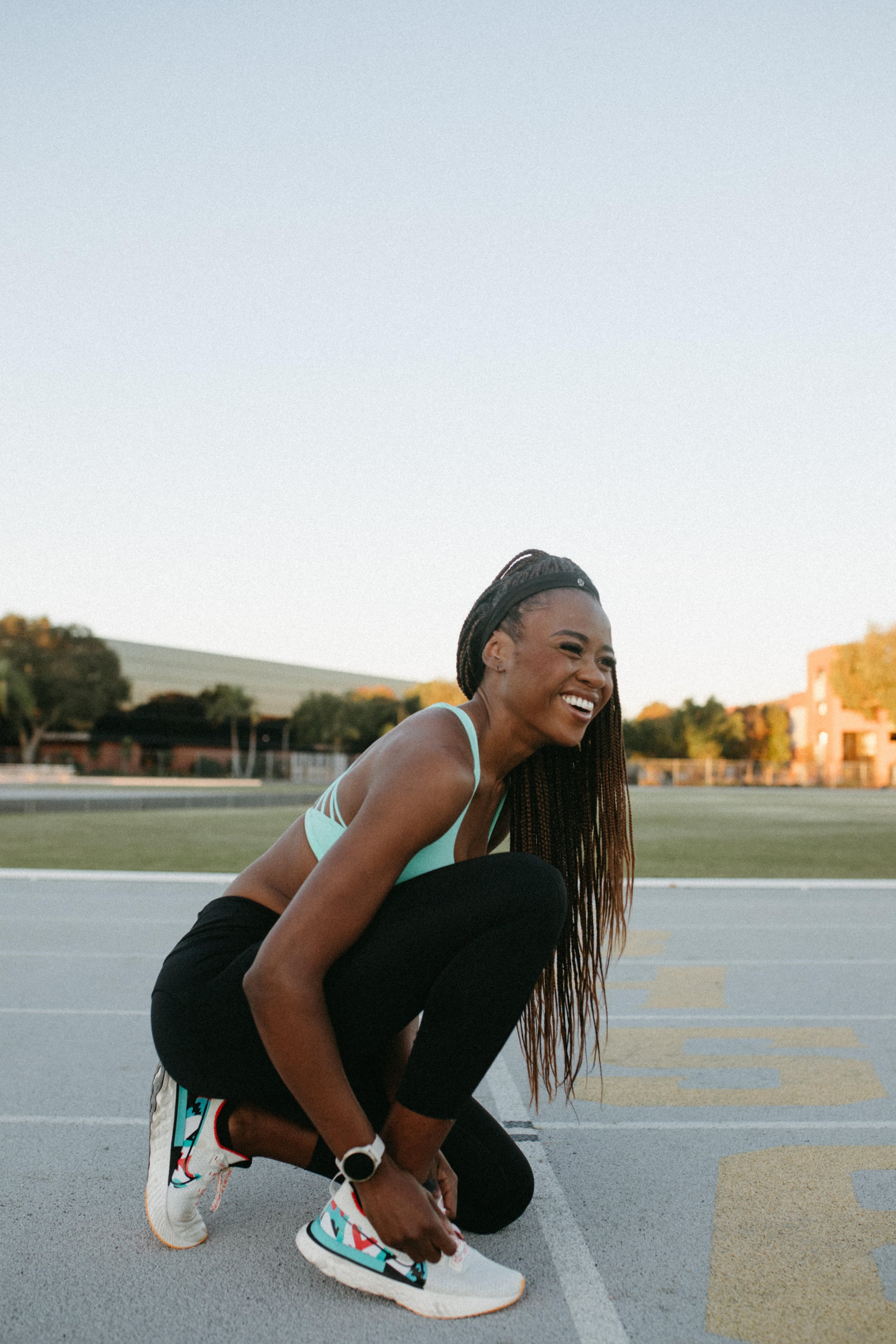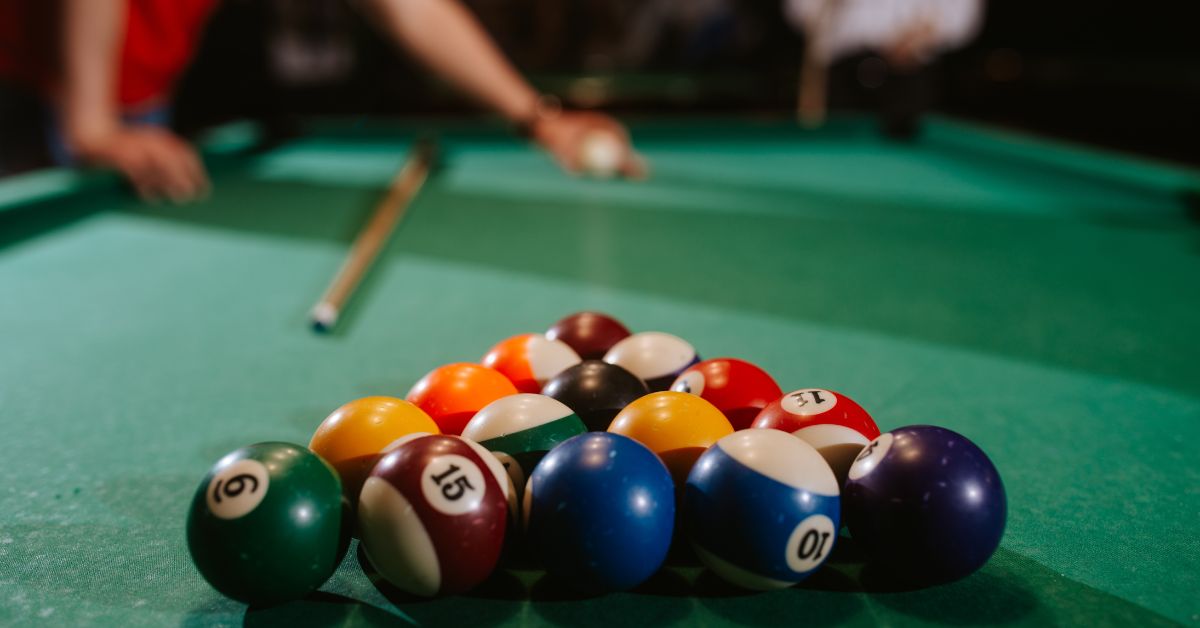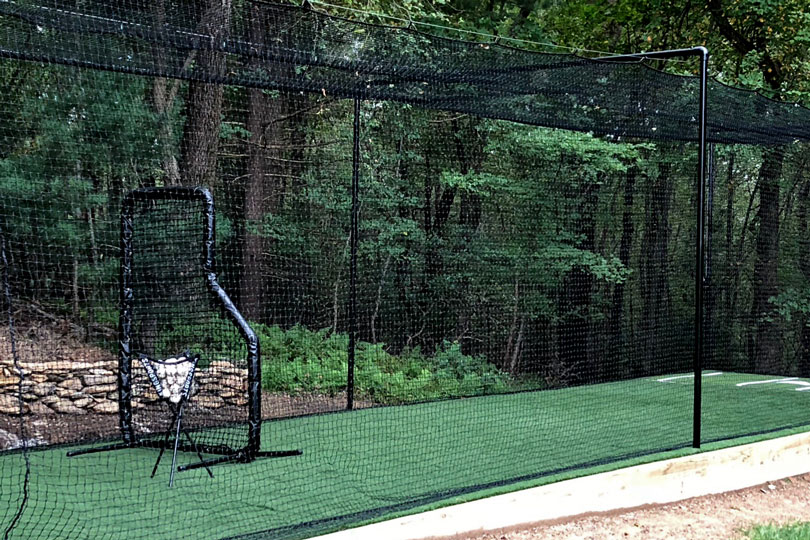The Complicated Reality of Mental Health in Sports
[ad_1]

Picture Source: Getty / Jamie Squire / Staff members
We all predicted Simone Biles to be the story of the Tokyo 2020 Olympics. The greatest gymnast of all time, searching for however a lot more components on the world’s biggest stage. Just before the Game titles, it appeared like the narrative was by now created, and the only issue on people’s minds was about how large, precisely, her scores would soar.
Often, nevertheless, actuality won’t follow the script. After a person vault endeavor in the crew remaining, Biles was forced to withdraw as she battled the twisties, a psychological block that leads to gymnasts to drop keep track of of their bodies in the air while attempting twisting elements. Afterwards, Biles would cite it as a basic safety and mental health and fitness situation, contacting the experience “petrifying.” She eventually withdrew from the all-all over ultimate and many function finals as perfectly, ending the Game titles with a staff silver medal and a bronze on beam.
It unquestionably was not the Olympics the gymnast had envisioned, but it had, arguably, an even greater effects than if she’d done in usual Biles vogue. Her selection to prioritize herself and her psychological wellbeing experienced a palpable ripple result. The earth of elite athletics — notorious for its rigid expectations for athletes to “force as a result of” any obstacle — was confronted with a girl who would not, or could not, place competitiveness previously mentioned her own perfectly-remaining.
Around the past few several years, the discussion all over psychological wellness in sports has come to be unachievable to overlook. Far more and far more athletes — and ladies athletes, in particular — are standing up for their psychological wellness. Naomi Osaka has spoken overtly about her nervousness considering the fact that 2018 and even took a crack from tennis to concentrate on her psychological wellbeing in 2021. In the confront of disappointment in the course of the 2022 Beijing Winter Olympics, skier Mikaela Shiffrin selected honesty and self-compassion when opening up about her grief just after the sudden loss of life of her father. Gymnast Suni Lee has shared candidly her experience with impostor syndrome and stress and anxiety, even just after profitable Olympic gold in Tokyo. The landscape of mental overall health in sports activities is switching, and ladies are often at the forefront.
There is certainly a motive this transformation is having spot now: the stakes have by no means felt increased. This spring, many NCAA women athletes died by suicide — star gamers and standout learners who frequently appeared high-quality to their good friends and loved ones. Katie Meyer was a goalkeeper for Stanford’s soccer group Sarah Shulze was a runner at the College of Wisconsin-Madison Lauren Bernett was a catcher for James Madison University’s softball staff. The Worldwide Olympic Committee has claimed that 35 percent of elite athletes experience a mental wellness difficulty like disordered feeding on, burnout, melancholy, or panic at some phase in their professions, while a 2021 research of 186 elite Canadian athletes place the selection at practically 42 per cent.
At this minute, numerous of us are asking: What will it get to make genuine alter in the way athletics manage psychological wellbeing challenges? And, when you take into account the sum of private and societal force that weighs on the shoulders of elite athletes, what does “good” psychological wellbeing in sports activities even glimpse like?

Image Supply: Jasmine Blocker
Around the time of the Tokyo Olympics, Jasmine Blocker was having difficulties. A sprinter who ran at Princeton and attained a relay gold medal from the 2019 planet championships, the 29-yr-old suggests she’s lived with stress and melancholy considering the fact that her preteen many years. She’d been in a position to handle her indications, she suggests, suitable up until the pandemic.
The isolation introduced on by COVID was “existence-altering,” Blocker tells POPSUGAR, and as the Olympics kicked off in Tokyo in July 2021, her melancholy and panic had been coming to a tipping issue. She wasn’t competing herself, but as the Video games drew the standard extreme interest, she remembers feeling “lazy” and berating herself for obtaining stress assaults. “This is ridiculous,” she remembers contemplating. “I have to have to get it collectively.”
But when Biles withdrew from Olympic functions to shield her mental health, Blocker’s state of mind started to change. “This is a true point,” she states she realized. “It’s justified to [say], ‘It’s not harmless for me to do it due to the fact my head’s not proper.’ It is justified to [say], ‘I have to get care of myself initially so that I can be there for many others.'”
Blocker suggests the emotion of validation stemming from Biles’s actions was a important element in her decision to enroll in a partial hospitalization system (PHP) on the recommendation of her therapist. PHP is a structured mental health treatment method method that individuals participate in several hours a day, three to 5 days a 7 days, for anywhere from a handful of months to several months. Unique from complete-time hospitalization or an in-patient plan, clients return home just about every night following a day that may well include things like treatment (particular person and team), apply setting up coping capabilities, and psychological well being evaluations.
“My mother constantly explained, ‘You are unable to recover the place you received ill,'” Blocker suggests. “I required to take away myself entirely and emphasis on my psychological wellness.” PHP, she states, set her “in a posture the place there had been no excuses, and it was time to emphasis and to get much better.” The plan drew Blocker away from her keep track of career, but she understood it was the proper selection. “I was not content about [the break],” she states. “But at the very same time, I couldn’t get out of bed.” Her depression was severe, she states, and she understood she couldn’t be aggressive on the track if she did not set her mental health and fitness initial.
Psychological health is each individual bit as critical as physical health when it arrives to efficiency in sports, but that idea normally goes forgotten or gets misunderstood. “In the planet of sports, there’s this detail about psychological toughness,” Blocker suggests. It can be assumed that athletes will grind by any impediment, no subject the expense (think: Michael Phelps pushing his system to exhaustion to safe 8 Olympic gold medals in 2008 or Kerri Strug landing a vault with a broken ankle to gain workforce gymnastics gold in 1996).
But this mentality just won’t be able to be applied to all mental well being hurdles. “Pushing via” despair, anxiousness, and other psychological health and fitness concerns is not an readily available decision for some athletes — and even when anyone is technically able to do so, it is not usually the suitable option. “A great deal of the items that hold you again in levels of competition really don’t definitely have everything to do with level of competition at all. It is about other things that are going on in your existence,” Blocker explains. “If you have to step absent to deal with all those so that you can occur again more powerful, then that may well be the move. That was the move for me.”
Continue to, earning that variety of shift can be complicated. The romantic relationship between sports activities and mental overall health is interesting and sophisticated. Athletics bring in perfectionists, states psychologist Lisa Post, PhD, director of a clinical plan for athletes at Stanford, and with perfectionism can appear stress and self-blame. When you perform your way up to elite sporting activities, the mounting stress to conduct can induce new psychological wellbeing difficulties or magnify current types. “Relentless” social media only adds more tension, Publish states, as does the ongoing COVID pandemic, which has scrambled athletes’ physical fitness applications and the overall world’s sense of protection. “Their schooling routines are disrupted, their social life are disrupted,” Put up points out. Returning to sports activities soon after the pandemic was “however yet another huge transition” for athletes to encounter. And even in a long time that don’t present unprecedented difficulties like the pandemic, Put up claims she usually sees athletes offer with anxiousness, burnout, and mood problems like despair.
There is also economical or profession pressure. Sports activities are a greater organization than at any time, Put up provides, and not just at the qualified degree. Excelling in sporting activities can earn you a school scholarship and the possibility of avoiding college student credit card debt, which places pressure on scholar athletes to manage their athletic overall performance, bodily wellness, and educational success to continue to keep their put on the group. Now, student athletes also have the possibility of scoring valuable sponsorship specials, which translates into even much more strain to realize success in their activity. “There is certainly money associated [in sports],” Post states only. “Pressure’s going to be there.”
Then, there is the systemic abuse that pervades women’s athletics — emotional, verbal, bodily, and sexual — which undeniably has an influence on athletes’ mental states whilst they are in sports and extensive just after.
But at the similar time, for several athletes, like Blocker, sports can also be a “protected haven.” Staying on the monitor and competing is “empowering,” Blocker says. The pleasure of relocating her overall body and the endorphin rush that will come with it “helps me get by the working day,” she adds. No matter the result of a race or a training session, she suggests she under no circumstances feels far better than after she’s specified her all in a workout.
At their core, sports are “very nutritious,” Write-up agrees. “As very long as it really is not a toxic psychological natural environment and you’re executing it willingly, [sports] can be really fantastic.” For the higher education learners she sees, athletics present neighborhood and favourable, occasionally lifelong relationships. Athletes are inspired to build fantastic routines and consider care of their bodies, and of training course, any form of work out has a valuable impact on psychological wellness.
The truth of the matter is that sports activities and psychological well being have normally been intertwined in a intricate way. Sports activities can present local community, improve actual physical and mental health and fitness, foster self-self-confidence, and serve as an escape. Sporting activities can also be the reverse of all these things: isolating, bodily and mentally debilitating, or some thing that athletes can occur to dread. The dividing line involving the two, Publish states, lies in the applications and preventative care that athletes have at their disposal. That incorporates positive, supportive coaching as perfectly as accessibility to mental health professionals who can help athletes form “method-oriented” aims (as a substitute of end result oriented), observe favourable self-speak, and navigate challenges like accidents or life transitions.
This is an spot where the sports activities marketplace has some operate to do. Inspite of the urgent need for mental health consciousness and support, all as well frequently athletes still confront unfavorable implications when they question for assist. When Biles withdrew at the Olympics, she been given support, indeed, but also a great deal of criticism. Controversial broadcaster Piers Morgan tweeted, “Are ‘mental overall health issues’ now the go-to excuse for any poor performance in elite activity? What a joke.” In “The Pounds of Gold,” a documentary about Olympians’ mental wellness, figure skater Gracie Gold recalled having “shrugs” when she spoke up about searching for treatment. Osaka confronted a great immediately after skipping a press conference at the 2021 French Open up, a setting that she claims is unsafe to her mental health.
In the long run, then, the path forward is threefold: First, mental well being sources require to be out there. Then, athletes have to have to be produced conscious of them by their groups and companies (like the US Olympic and Paralympic Committee). Finally, the powers that be in the sports activities globe should perform to foster an open up and supportive environment that encourages athletes to access out for assistance when they want it.
Every single a single of these measures comes with its possess established of roadblocks at the moment. And that’s another reason it can be so outstanding to look at what these athletes are undertaking. One immediately after an additional, they are refusing to keep silent and speaking up about their mental health and fitness, poking holes in the recognized narrative — that psychological overall health issues are a indicator of weak spot or one thing you can just thrust through. The more voices that be part of in, the louder the conversation turns into, until finally the powers that be can no lengthier overlook it. Staff United states, for illustration, now offers athletes a registry of psychological overall health specialists, a cost-free teletherapy provider, and a 24/7 assistance line, between other resources. Pre-participation psychological exams are taking put at the college or university and Olympic level to screen for psychological wellness difficulties, Submit adds.
Possibly athletes shouldn’t have had to desire those varieties of means in the to start with spot, but it really is undeniable that the far more athletes discuss up about their psychological overall health, the extra alter they produce — and the far more they inspire other people to stick to in their footsteps. “By speaking about [mental health], you truly open the doors for a whole lot of folks to strengthen their top quality of lifestyle, preserve life, and be their ideal selves,” Blocker says.
When it comes to mental wellness in sports activities, we are earning development, but the journey is ongoing. It is really likely to choose continued conversation and openness, continued force for additional obtainable assets, and a continued devotion to make mental health and fitness a priority. Blocker’s tips to athletes is to verify in, candidly and frequently, with by themselves and other individuals. “It truly is getting straightforward with you about in which you’re at, to start with and foremost,” she suggests. “[Asking yourself,] ‘Am I Ok correct now?’ And it is really Alright to not be Alright.”
[ad_2]
Supply hyperlink



